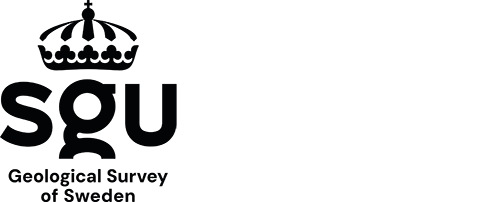
Conflict minerals
Gold (Au), tantalum (Ta), tin (Sn) and tungsten (W), also referred to as 3TG, are metals commonly used for manufacturing in modern technologies. Minerals or ore concentrates from which these metals are extracted, including respectively native gold (found mostly as metal in nature), columbite-tantalite, cassiterite, and wolframite have been categorized as conflict minerals by the EU because some of the extraction takes place in conflict-affected areas and often under difficult working conditions.
The EU Conflict Minerals Regulation consist of a legal instrument made of a set of rules that one need to comply with, in order to import into the EU ore concentrates for the purpose of extracting 3TG. The so called-conflict minerals are used in modern electronics, such as mobile phones and computer hardware. These minerals are extracted, to some extent, in conflict-affected areas. As a result, large sums of money generated from the extraction of 3TG are used by local warlords and factions to finance their troops and sustain armed conflicts, which is problematic. There are also cases where the extraction of these minerals takes place in atrocious conditions for people; this relates to forced labour, forced displacement of populations living near mines, and other serious violations of human rights.
The EU Conflict Minerals Regulation which has been in force since the beginning of 2021 aim to address issues related to extraction of 3TG, to ensure that importers of 3TG have a responsible sourcing, and to increase traceability of the supply chain. The regulation is largely based on the OECD guidelines relating to due diligence process in the supply chain. Major goals include promoting transparency of the chain supply, breaking the link between conflicts and illegal mining of minerals, and put an end to abuses and human rights violations.
As part of the regulation, individuals or legal entities importing tin, tungsten, tantalum and/or gold exceeding certain thresholds are required to comply with the rules laid down in the Regulation. The Regulation took effects on 17 May 2017 and applies to imports of 3TG since 1 January 2021.
The role of the Geological Survey of Sweden
The Swedish Government has appointed the Geological Survey of Sweden, as the competent public authority to enforce the EU Conflict Minerals Regulation in Sweden. Part of the Geological Survey of Sweden’s assignment and responsibilities will be to carry out an inspection of companies importing 3TG. The first inspections will take place in 2022, one year after the regulation took effect for importers.
Last reviewed 2021-11-22
